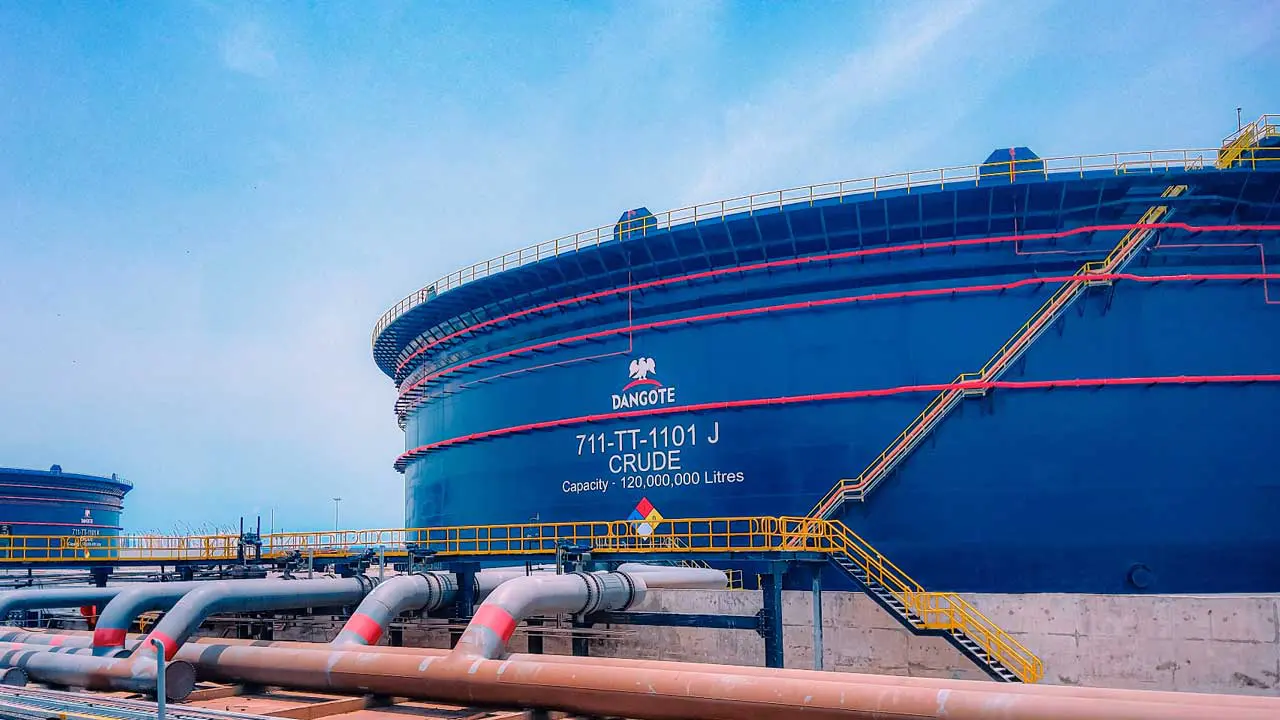By Adamu Muhd Usman
“If you can think of it, you can plan it; if you can plan it, you can dream it; if you can dream it, you can achieve it.”
—Unknown Author
Farming and livestock are the main occupations in Jigawa. The people and the government of Jigawa State have always shown great interest in agriculture. Therefore, discussions about farming, farmers, and the prices of commodities and livestock are always significant to the people of the state.

Recently, the prices of cash crops and grains have been steadily dropping in Jigawa State. This is largely due to the strong interest of the people and the commitment of the state government to both livestock and crop farming.
Investigations have shown that the prices of many agricultural products have dropped by 20–30% in the last four weeks. For instance, a 10kg bag of locally produced rice in Jigawa State was recently sold at ₦9,000, down from almost ₦12,000. Similar price reductions have been recorded for millet, sorghum, beans, wheat, and sesame seeds.
Many believe that this price drop is due to the high supply of farm produce in Jigawa State. The government has remained committed to increasing agricultural production to meet local and national demands. The increased supply of grains and other farm products has contributed to the reduction in prices.
Others attribute the price drop to the religious awareness instilled in traders, as clerics continue to preach against hoarding—an act strongly condemned by God Almighty.
Some political critics, however, argue that the drop in prices is a result of poor economic policies under President Tinubu’s administration, which, ironically, has provided relief to the common man.
Jigawa is among the top three states in Nigeria that supply the nation and neighboring countries with grains, livestock, fish, and frogs. It is also a leading producer of hibiscus, sesame, gum Arabic, and dates, while cotton and Siemens farming are not left behind. Indeed, Jigawa is blessed.
Despite the various opinions on the cause of the price drop, it is clear that these results stem from the people’s passion for farming and, more importantly, the government’s commitment to promoting and enhancing agriculture in the state. Agriculture has been made a priority as a means of livelihood, employment, and income generation. It also serves as a source of internally generated revenue (IGR) for the state and contributes to the nation’s food security. Thankfully, the cargo airport built by former Governor Dr. Sule Lamido will now be highly functional and useful in supporting agricultural exports.
The big question now is: Can the state government sustain its support for the agricultural sector? Will it continue to prioritize and expand its current policies?
It is hoped that farmers in the state will continue to enjoy maximum support in crop production, including access to mechanized farming. This will also encourage livestock farming, which could help reduce or eliminate farmers-herders conflicts.
Additionally, issues such as soil erosion should be given due attention, and more roads should be constructed across the state to facilitate the transportation of farm produce from rural areas to urban centers.
As the saying goes, “Success is getting what you want, and happiness is wanting what you get.”
Adamu writes from Kafin-Hausa, Jigawa State.



